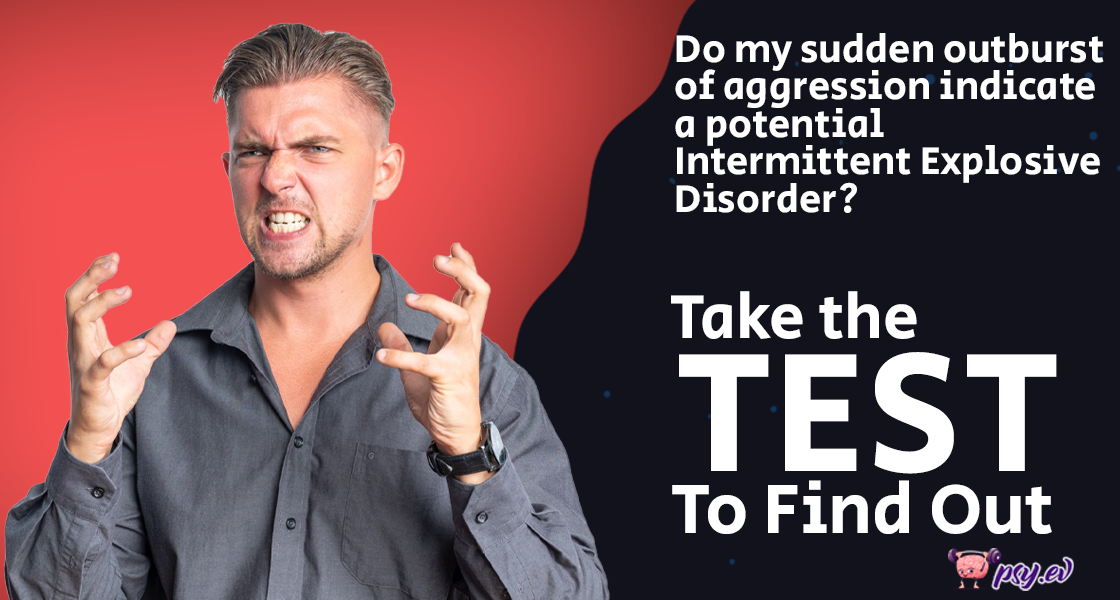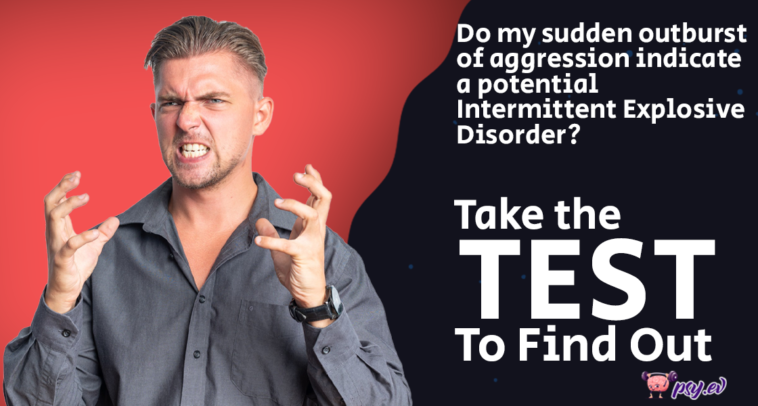Intermittent Explosive Disorder Causes
One of the disruptive, impulse-control, and conduct disorders in the DSM-5 is intermittent explosive disorder (IED). It’s characterized by violent or angry outbursts disproportionate to the circumstances. IED can result from psychosocial factors, genetics, and/or life events.
According to researchers, post-traumatic stress disorder (PTSD) can particularly result in gray matter loss. Research indicates that those with IEDs had less gray matter and more activity in the amygdala, the brain's fire alarm, than people without IEDs.
The primary symptom of this disorder is a pattern of excessive angry outbursts compared to the circumstance or event that sparked them. These sporadic, explosive outbursts create great despair and negatively affect the person’s relationships, career, studies, and financial repercussions. Although the severity of the outbursts may lessen with maturity, intermittent explosive disorder is a chronic condition that can last for years. Treatment includes medication and counseling to help you regulate your aggressive impulses.
IED disorder symptoms can cause people to assault or threaten inanimate objects, animals, and other people.
Take the intermittent explosive disorder test for adults if you suffer from the abovementioned symptoms. Families and close friends of persons with IEDs frequently go through stress, depression, and isolation.
Protect your family if you have IED or are in a relationship with someone with IED. The purpose of this test is to ascertain whether you exhibit symptoms that are comparable to those of intermittent explosive disorder.
What To Do If Diagnosed with IED
Depressive illness, drug abuse, and post-traumatic stress syndrome are the three conditions most frequently associated with IED. This condition can coexist with personality disorders like borderline personality disorder. After you have answered the statements mentioned below, share your answers with a doctor so they can further assess you.
On the other hand, there is no definite cure for IED. In actuality, no IED therapy has received regulatory approval. However, individual or group treatment sessions that emphasize skill development might be beneficial. People with intermittent explosive disorder benefit from cognitive behavioral therapy, a popular kind of therapy.
IED disorder may be treated with a variety of medications. Additional medications may also be used, such as selective serotonin reuptake inhibitors, anticonvulsant mood stabilizers, or other antidepressants.
Although IED may be extremely disruptive to a person's life and the lives of others around them, IED can be handled with the right IED therapy, education about anger management, and perhaps medication.
It's crucial to remember that IED is a disorder of the mind. As with other mental health issues, receiving assistance as soon as you get the results from the test to lessen the impact on your life. Plans for therapy are available from mental health specialists to assist you in controlling your thoughts and actions.
Consult a qualified mental health professional according to the results obtained. Only a clinical assessment can help you treat the disorder.


